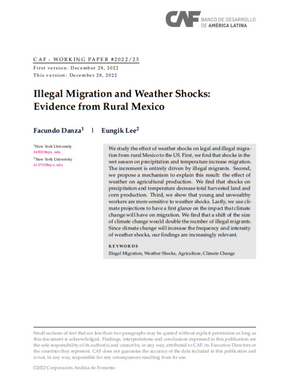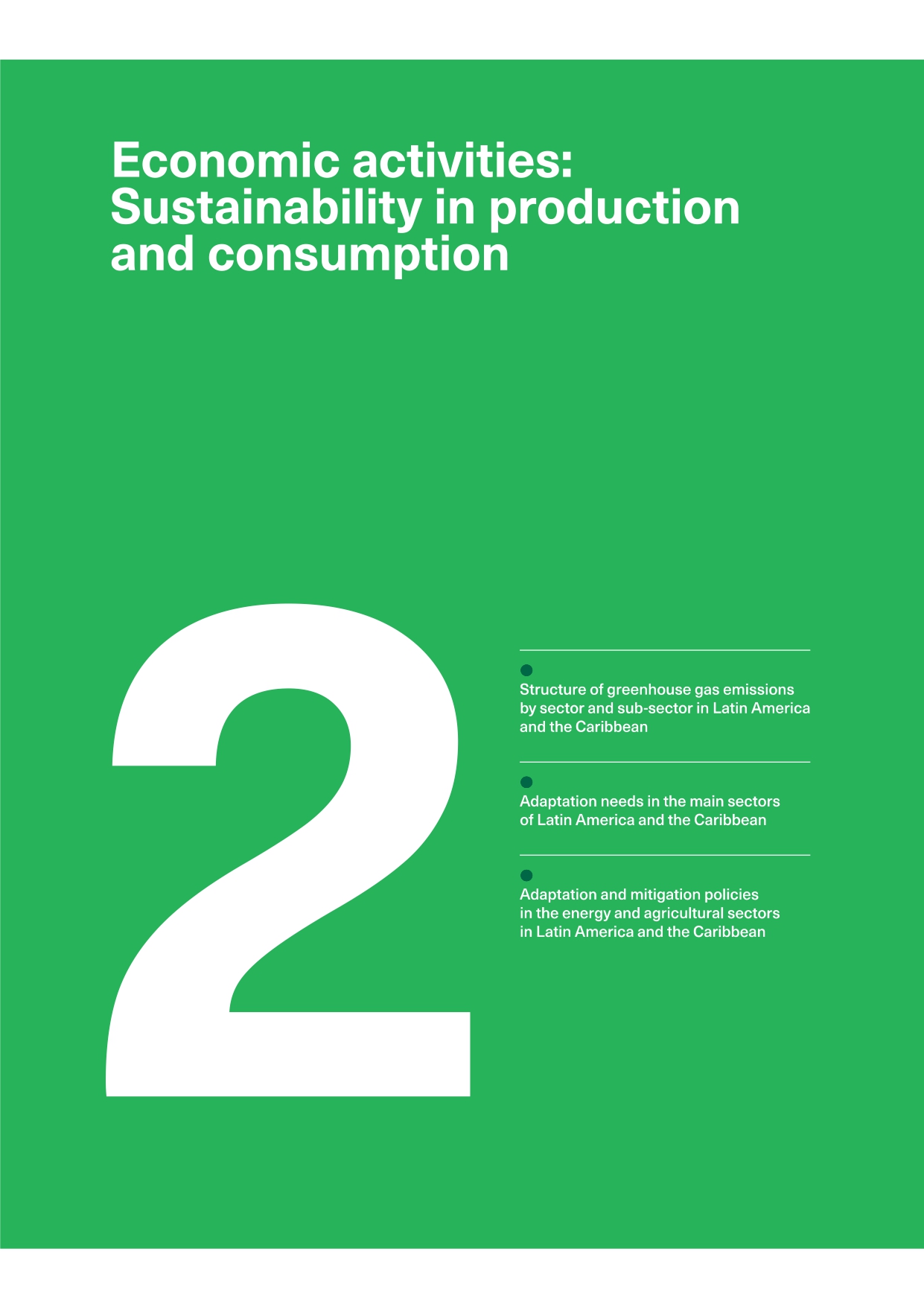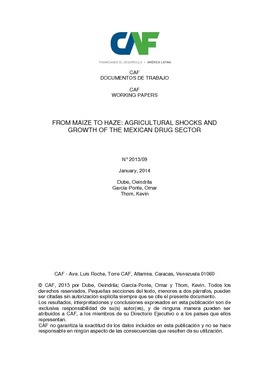Illegal Migration and Weather Shocks: Evidence from Rural Mexico
Resumen
We study the effect of weather shocks on legal and illegal migration from rural Mexico to the US. First, we find that shocks in the wet season on precipitation and temperature increase migration. The increment is entirely driven by illegal migrants. Second, we propose a mechanism to explain this result: the effect of weather on agricultural production. We find that shocks on precipitation and temperature decrease total harvested land and corn production. Third, we show that young and unwealthy workers are more sensitive to weather shocks. Lastly, we use climate projections to have a first glance on the impact that climate change will have on migration. We find that a shift of the size of climate change would double the number of illegal migrants. Since climate change will increase the frequency and intensity of weather shocks, our findings are increasingly relevant.
Materia
País / Región
Fecha
2022-12-28Citar de esta publicación
Item perteneciente a la Colección
Autor
Danza, FacundoLee, Eungik
Items Relacionados
The unintended environmental effect of a climate change adaptation strategy: evidence from the Colombian coffee sector
Climate change is a major threat to agricultural productivity in developing countries. In this paper, we explore the unintended environmental effects ...
RED 2023 - Chapter 2: Economic activities: Sustainability in production and consumption
The impacts of climate change are far-reaching and affect all economic sectors. In Latin America and the Caribbean (LAC), economies rely heavily on ...
From maize to haze: agricultural shocks and growth of the mexican drug sector
We examine how commodity price shocks experienced by rural producers affect the drug trade in Mexico. Our analysis exploits exogenous movements in the ...





